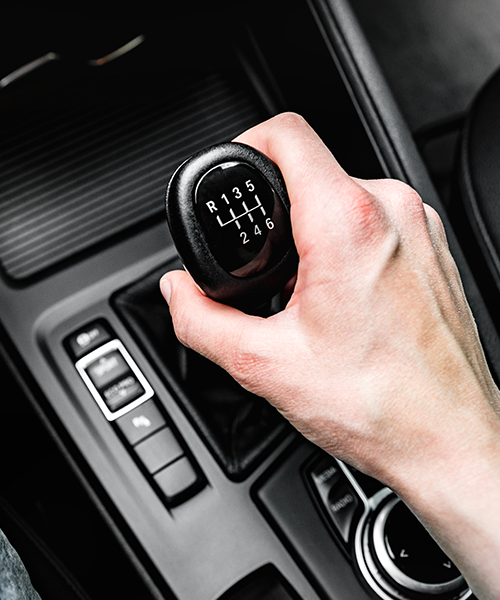Fuel savings
Fuel savings
Efficient driving, by minimizing abrupt acceleration and braking, maintaining constant speeds, and optimizing engine use, results in fuel consumption savings.
Reduced costs
Reduced costs
Efficient driving not only reduces fuel costs, but also minimizes wear and tear on the vehicle. This translates into savings in maintenance costs over time, as fewer repairs are needed.
Longer vehicle life
Longer vehicle life
By reducing the strain on the engine and minimizing wear and tear on vehicle components, efficient driving can extend the life of the car, possibly delaying the need to replace it with a new one.
Safer driving
Safer driving
Efficient driving fosters constant attentiveness to the environment and anticipation of traffic incidents, thus contributing to safe driving and risk reduction.
Fewer emissions
Fewer emissions
This driving style contributes to the reduction of gas emissions, thus improving air quality and reducing environmental impact.
Reduced stress behind the wheel
Reduced stress behind the wheel
This type of driving, characterized by a more relaxed and less aggressive style, reduces stress and driver fatigue, resulting in more comfortable and enjoyable trips.





